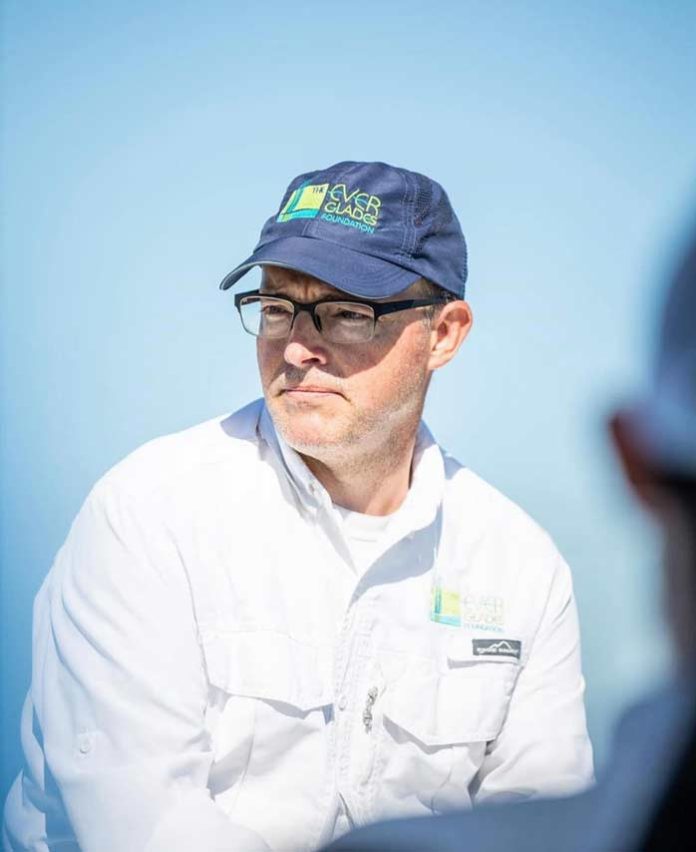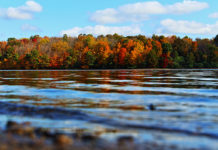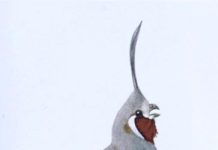[Interview begins at 43:25]
This week begins a month of habitat/conservation podcasts as a celebration of Earth Month. We start the series off with Dr. Steve Davis, Chief Science Officer for the Everglades Foundation, and instead of talking about the boring aspects of Everglades restoration like funding and politics, we’re delving deep into the science of how the water will be stored and cleaned, which plants aid in the cleanup, and how this process will aid in more fresh water to Florida Bay and the Everglades–and less polluted fresh water to estuaries on both coasts of Florida. We’ll also talk about immediate benefits, but also how it will take seven years to completely fill the reservoir.
And yes, we will talk about fly-fishing topics this month in the Fly Box. This week we have some great tips and questions, including:
- I have a 5-weight, 6-weight, and 10-weight rod for fishing in the Mississippi. I may be catching fish up to 20 pounds. Do you think an 8-weight will handle them?
- Three great tips from a listener on fishing from a canoe.
- Is there a database where I can plug in the fly-tying materials I have and have it tell me what fly patterns I can tie?
- What flies can I use India hen backs on?
- I have trouble with my back cast hitting the water when I wade waist deep. How can I correct this problem?
- I have been stumped by fish rising once and then not rising again for a long time. What are these fish doing and how can I target them?
- What are your thoughts on intermediate lines for tarpon?
- Should I get tarpon flies in bigger hooks like 3/0 to 5/0?
- Will a bit of bucktail under my pine-squirrel streamers help to keep them from fouling?
- A listener asked a bunch of specific fishing questions to a chat bot for a trip he was going to take to Grand Lake Stream in Maine and asked me to critique the answers he received.
- How should I kill and keep the occasional stocked fish I want to eat?
- If you see a nymph in the water that you want to imitate, how would you go about creating a pattern to match it?
- Are hooks trending to shorter shanks and wider gaps? Is this a good thing?

Credit: Source link































